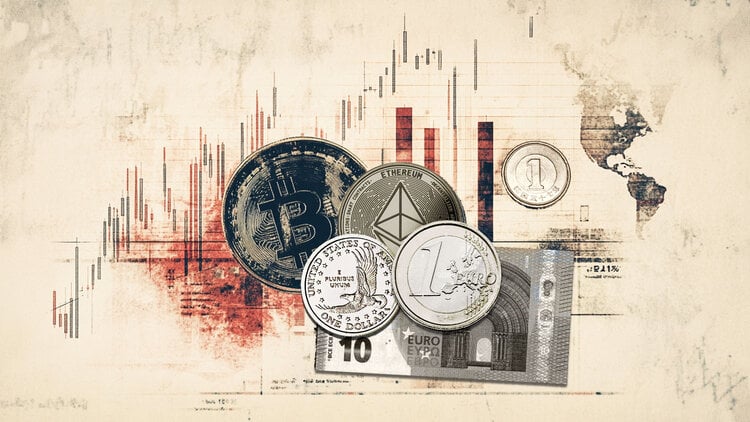Shanghai authorities have denied a report by a leading Chinese property research firm that claimed that more than a third of stores in a major mall were closed because of strict Covid restrictions.
The report by China Real Estate Information Corp. (CRIC), published late last month, quickly went viral. The document alleges that vacancy rates in the city’s malls were rising to an alarming level because of the restrictions and said that 34% of stores were closed in a historic mall in Shanghai’s Lujiazui financial district.
On average, 9% of stores in Shanghai’s top 20 malls have been closed since the Covid situation worsened in the second quarter, significantly above the 5% level where overall mall operations would be affected, according to the research firm.
The Shanghai Observer, a website run by the official Shanghai government newspaper, said on Friday that the methodology used by the CRIC was at odds with industry practice.
According to statistics attributed to the CBRE Group – a global commercial real estate services company – the average vacancy rate in Shanghai’s malls has been between 6.7% and 8.2% over the past three years. The Shanghai Observer also attacked some media outlets who took the report for “exaggerating the truth” and “taking the numbers out of context”.
CRIC and CBRE did not respond to requests for comment.
Shanghai was under strict lockdown for two months earlier this year and continues to face restrictions in parts of the city where new cases have emerged.
In recent weeks, the Chinese government has significantly tightened Covid restrictions to contain the spread of the highly transmissible Omicron variant.
Analysts say the country is unlikely to relax its Covid rules ahead of the Communist Party congress starting on October 16.
President Xi Jinping, who is set to seek an unprecedented third term, will not want to see any uncontrollable spikes in Covid cases until his political future is secured, experts say.
But the restrictions are hurting the economy – analysts are predicting growth of just 3% this year – and leading to growing public discontent on the internet. In recent days, many social media users have complained about the damage wrought by frequent lockdowns and endless testing, from food shortages to poor job and income prospects.
withdrawn reports
The CRIC report is not the only economic research on Covid to be scrutinized recently in China.
A Chinese investment bank’s Covid report was deleted shortly after it was published last week, prompting a flurry of online speculation that it might have been censored.
Nanjing-based Huatai Securities pointed out in its report on Wednesday that the Omicron BA.5 subvariant caused fewer deaths than the flu in several countries and regions, including Singapore, Vietnam, South Korea and Hong Kong.
Huatai Securities did not immediately respond to requests for comment.
And last month, Anbound Consulting, a Beijing-based economic research firm, published a report on its Weibo and WeChat accounts titled “It’s Time for China to Change Its Covid Policy.” That report was removed from both platforms a day later.
— CNN’s Beijing office contributed to this story.
Source: CNN Brasil
Joe Jameson, a technology journalist with over 2 years of experience, writes for top online news websites. Specializing in the field of technology, Joe provides insights into the latest advancements in the industry. Currently, he contributes to covering the world stock market.







